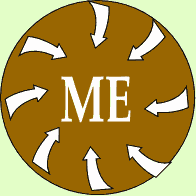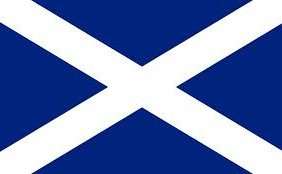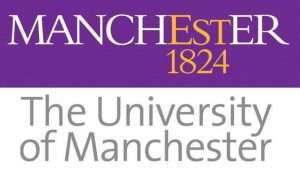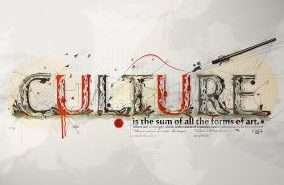Edinburgh Fringe Live: What’s Been Happening?
Well it’s been a few days since I’ve updated everyone on the site so it’s about time. We’ve been busy battling rain and all sorts of technical difficulties, the main one being that we haven’t streamed anything live and we’re working hard on post production stuff from the footage that we were able to grab. […]
The post What’s Been Happening? appeared first on Edinburgh Fringe Live.






